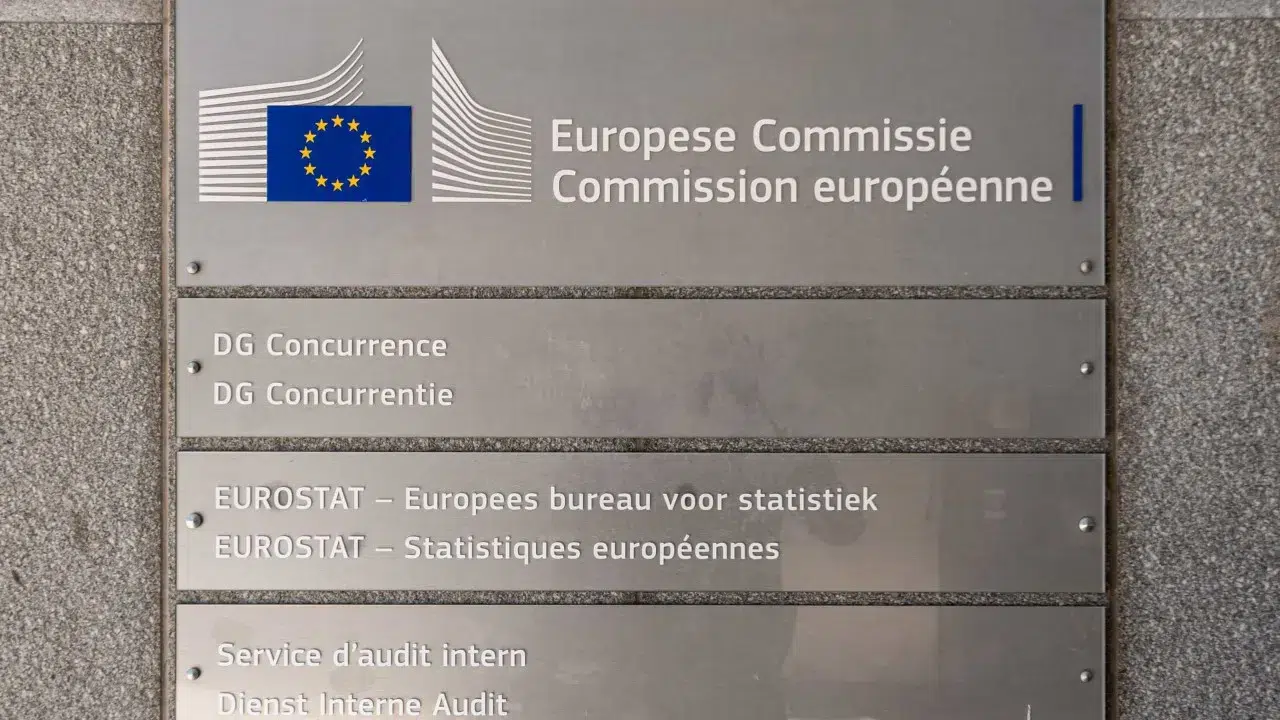
“The standard of living in Portugal is indeed lower than previously thought, as measured by GDP [Gross Domestic Product] ‘per capita’ based on purchasing power parity. It has been overestimated as it hasn’t accounted for the entire foreign resident population,” stated Óscar Afonso, director of FEP and one of the authors of a study from the Office of Economic, Business, and Public Policy Studies (G3E2P) at FEP, specifically the Flash analysis No. 3 of 2025, released today.
According to Óscar Afonso, official data indicates that “in 2023, the standard of living was at 80.7% of the European Union [EU] average”, with Portugal ranking 18th in Europe.
“But when adjusted with data from AIMA [Agency for Integration, Migration, and Asylum], this figure drops to 78.92%, placing us in the 19th position,” he noted, adding that in 2024, 2025, and 2026, “there is a downward revision by 2.4 percentage points, which remains consistent.”
The academic noted that considering the data from AIMA and estimates from the study on population trends, in 2024 “the standard of living will be at 79.18% versus the official 81.6%, in 2025 it will be 79.27% against the official 81.70%, and in 2026 it will be 79.47% compared to the official 81.9%.”
The issue stems from the discrepancy between the Interim Report on Pending Process Recovery by AIMA, revealed in April, considering “the upward revision of the average population due to new figures of foreigners with legal residency status,” and the unreviewed data from the National Institute of Statistics (INE).
“The foreign population increased significantly. In 2017, it grew by 4.1%. In 2024, it grew by 14.4% and will already be 1.6 million residents,” noted Óscar Afonso, mentioning an increase of about 300,000 immigrants per year, and considering that “the economy didn’t need that many,” despite requiring them “to grow,” advocating for a “different specialization pattern.”
The study calculates that Portugal would currently need to receive 80,000 immigrants per year to be in the top half of the richest EU countries by 2033, with the document aiming “to raise awareness of the need for immigration to align with what the economy requires.”
“I believe we should treat all human beings with dignity, that is the first point. Given this, I think this study makes sense because we don’t want people only to mistreat them, letting them be abused and without income. That is not what we desire,” he defended.
The economist summarized that, according to the study’s data, “Portugal hasn’t surpassed the 80% [of the average EU standard of living] since 2010, contrary to the official data from the European Commission,” placing it practically on par with Romania in 2026, with 79.47% for Portugal and 79.45% for Romania.
“Portugal then drops, in 2026, to the 21st position, becoming the seventh-worst in the European Union, and could fall to 22nd, the sixth-worst, if Romania performs slightly better or if we perform slightly worse,” he warns.
The FEP director recalls, “in 1999, Romania had a standard of living, compared to the EU average, of 26.9%, and Portugal had 85%, and by 2026, Romania will be at 79.45% and Portugal at 79.47%.”
“In other words, Romania went from 26.9% to 79.45%, and Portugal from 85% to 79.47%, despite having more funds and delivering this mediocre performance,” he argued, noting that Romania grew by 4% annually between 1999 and 2019, while Portugal by 0.9%, cautioning that, in the future, “without reforms, Portugal will be definitively overtaken by Romania” and “will head to the tail of Europe.”




